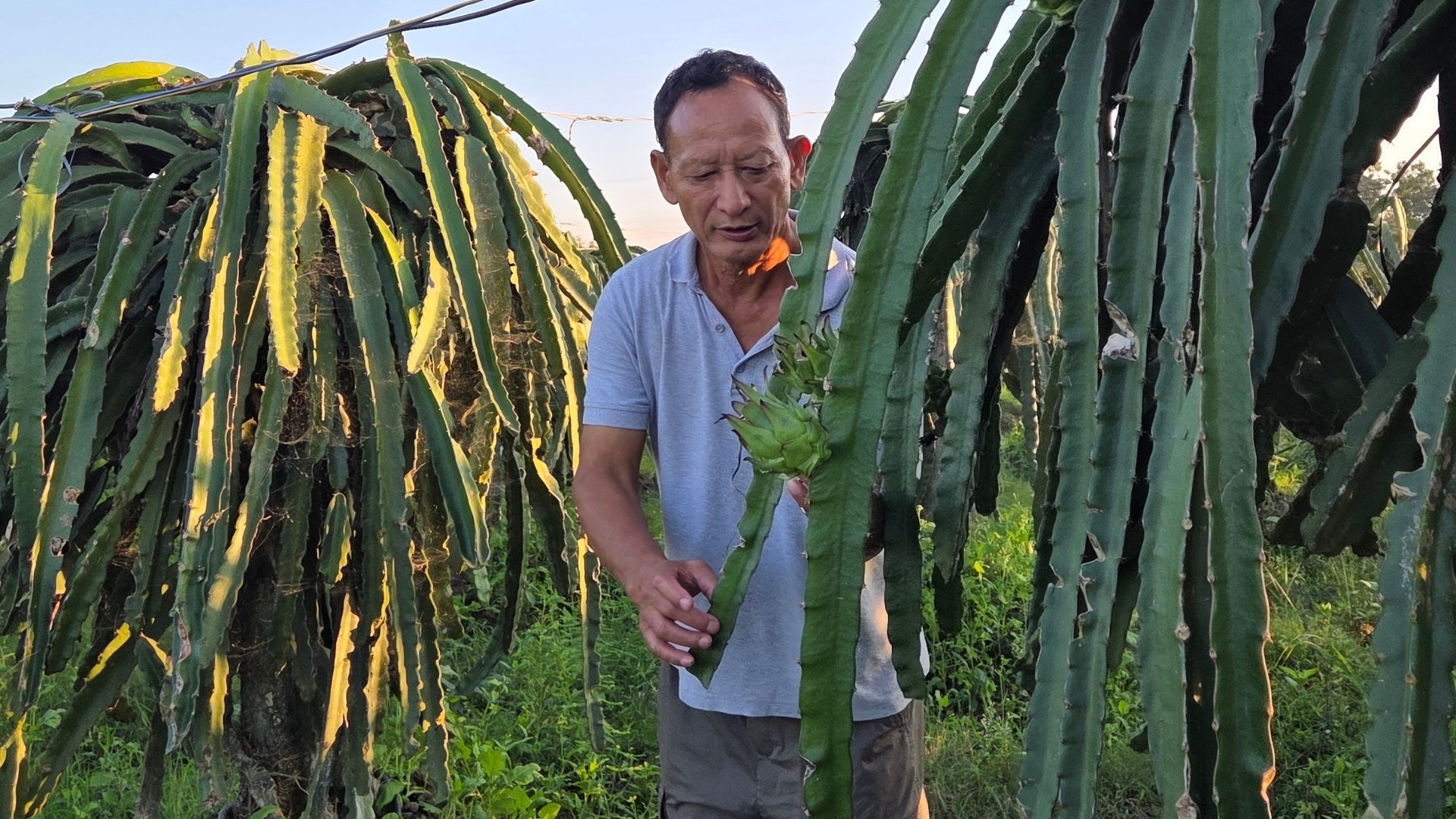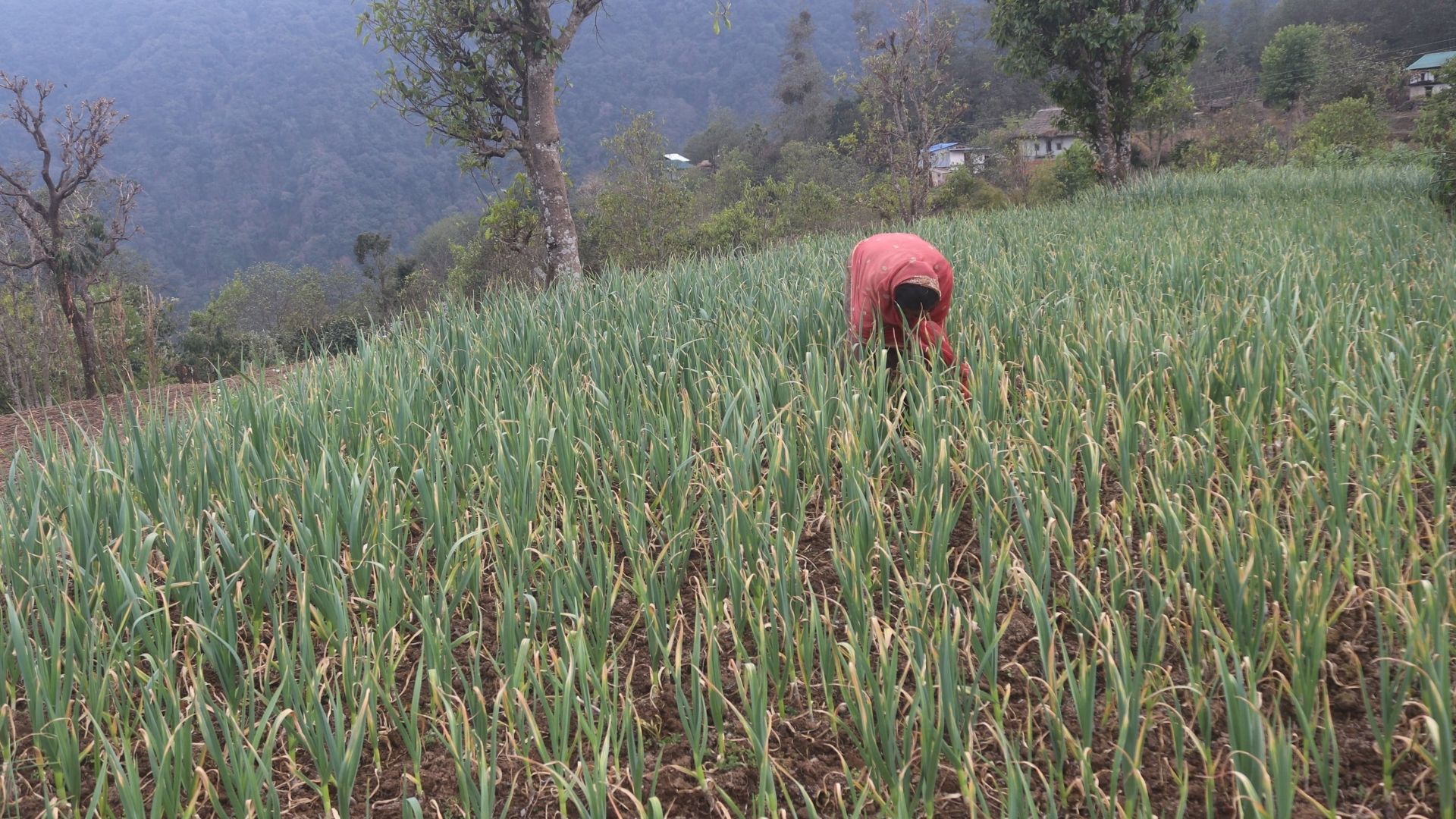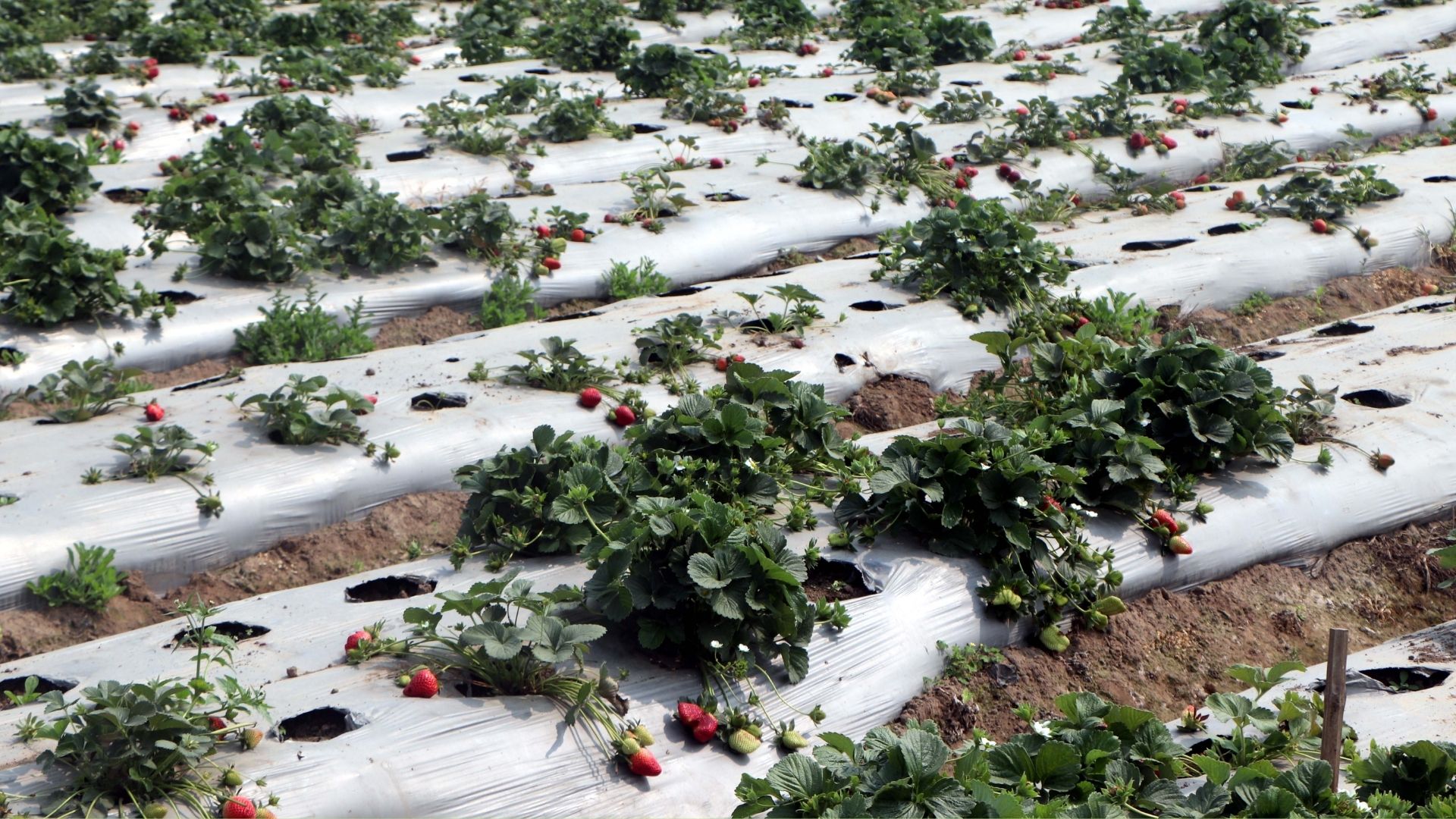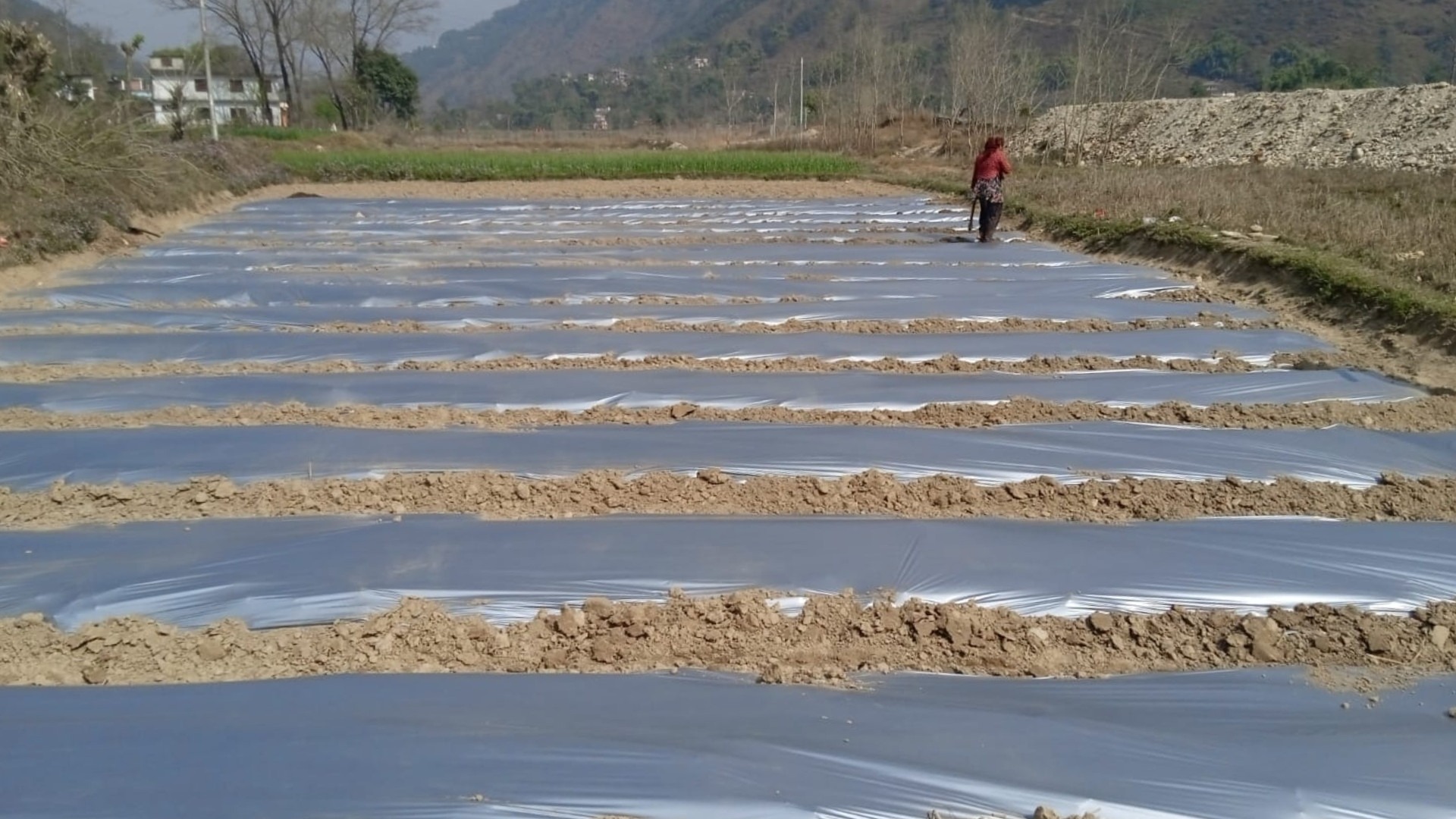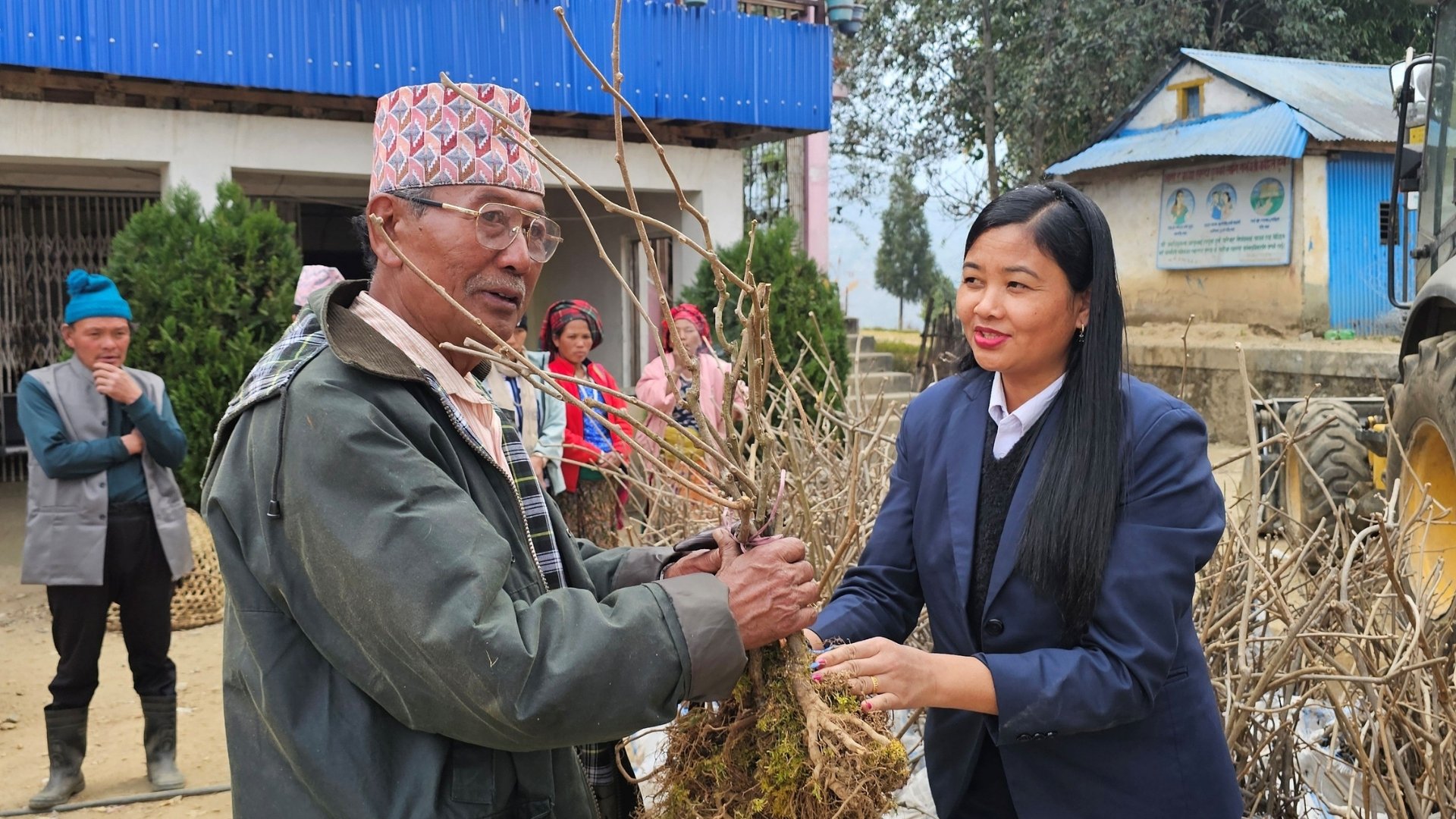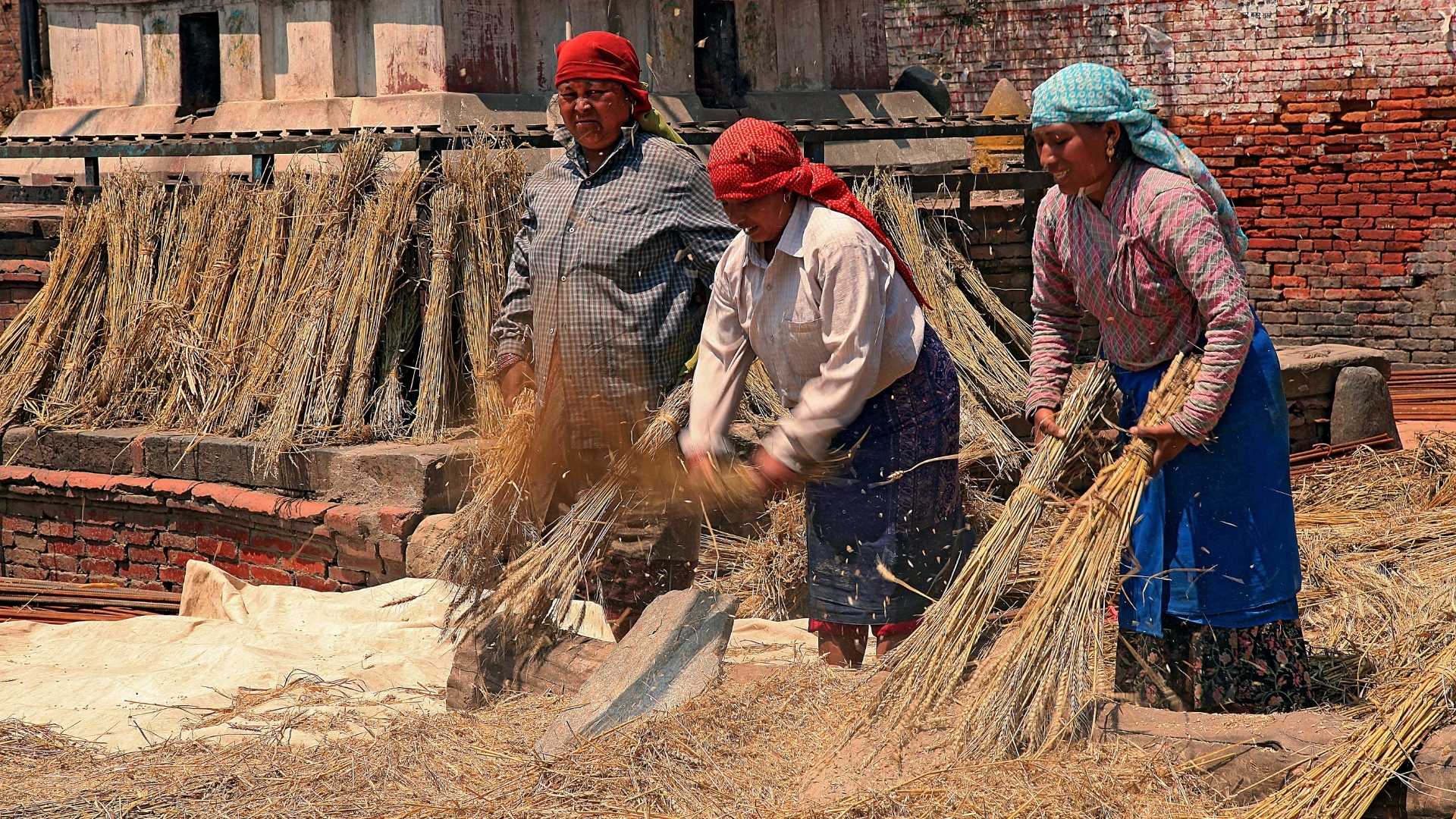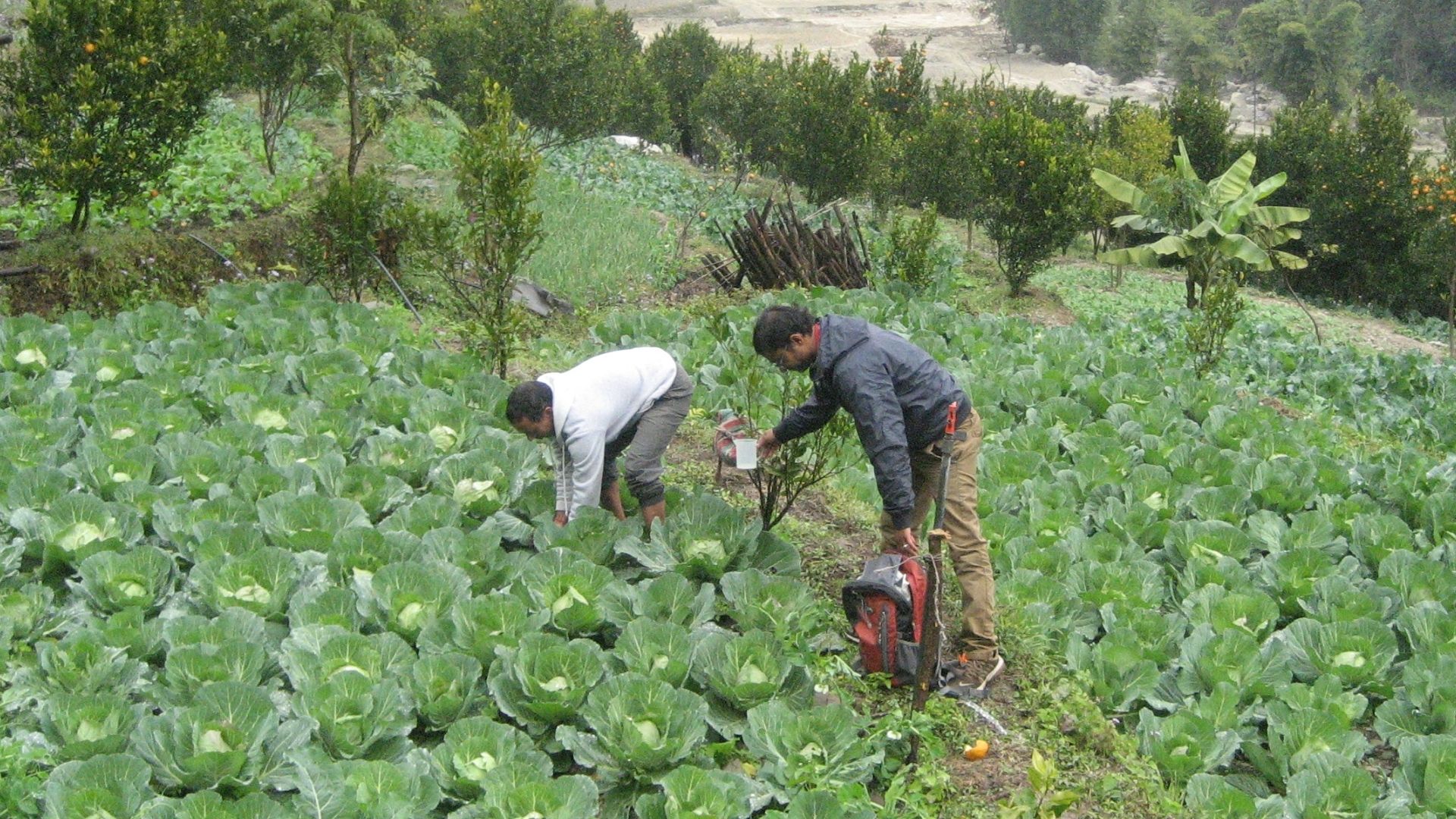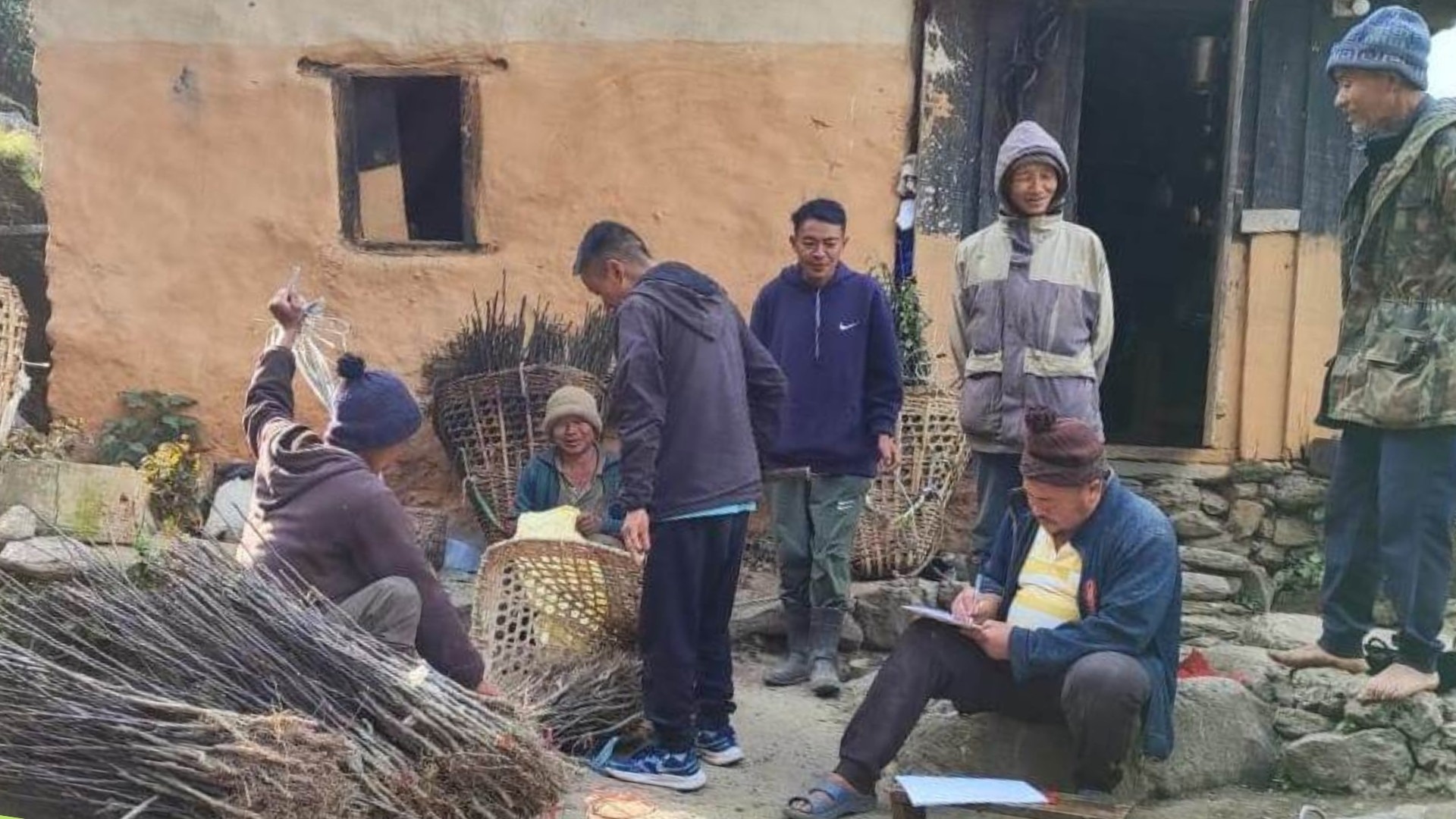After serving nearly 28 years in the Indian Army, Kripashwor Ghale Gurung has been running a commercial dragon fruit farm in Rani Pokhari, Ward No. 7 of Ramdhuni Municipality, Sunsari.
He established Tarjuma Dragon Fruit Agricultural Farm in 2017 (2074 B.S.) and currently earns between NRs 5.5 to 6 million annually from the enterprise. Ghale has been cultivating the fruit on about one bigha of land.
According to Gurung, he started dragon fruit farming around 22 years ago with a single red-pink variety sapling brought from Malaysia. Although he initially lacked a clear understanding of the fruit’s market potential and health benefits, increasing demand and rising prices encouraged him to expand the cultivation — which has now become his primary source of income.
“I have planted around 250 dragon fruit plants on the farm,” said Gurung. “Unlike other fruits that bear once a year, dragon fruit can produce up to nine times a year. That’s why the income remains stable.”
In addition to fruit sales, he also earns from selling saplings, generating over NRs 400,000 annually. Earlier, saplings were sold at NRs 200 to 400 per plant, but now they sell for NRs 50 to 70 depending on demand. The retail price of dragon fruit is NRs 400 per kilogram, while the wholesale rate is around NRs 350.
The farm employs two permanent workers with a monthly salary of NRs 15,000 each and more than a dozen daily wage laborers earning NRs 700 per day. The number of workers increases during the fruit-picking and fertilizing seasons. “The annual operating cost, including fertilizers, tools, and labor, comes to around NRs 800,000,” said Gurung. “Last year, the farm produced 22 metric tons of dragon fruit, which increased to over 27 metric tons this year. The produce is sold in Dharan, Itahari, Inaruwa, Biratnagar, and even sent to Kathmandu, Pokhara, and Hetauda.”
Thanks to good returns, more young people have started showing interest in dragon fruit farming in recent years. According to Gurung, who turned to agriculture after retirement, it is possible to earn a good income while creating local employment opportunities through agribusiness within Nepal itself. At present, more than 10 households in Ramdhuni Municipality–7 are involved in dragon fruit cultivation, and many returnee youths from abroad have also taken up this promising venture.


